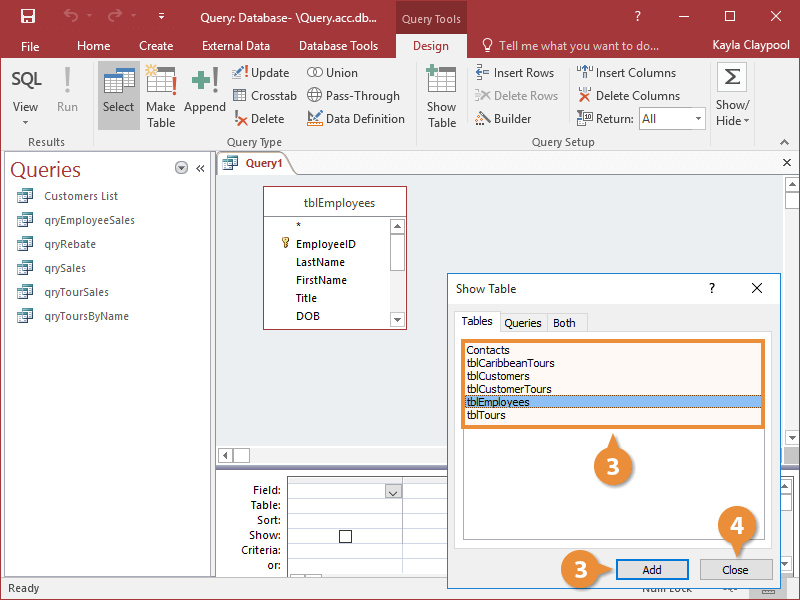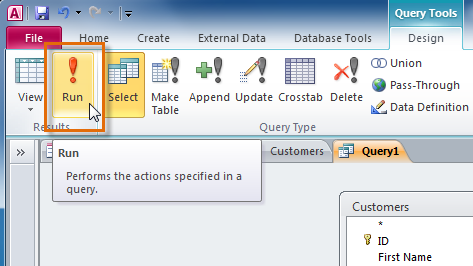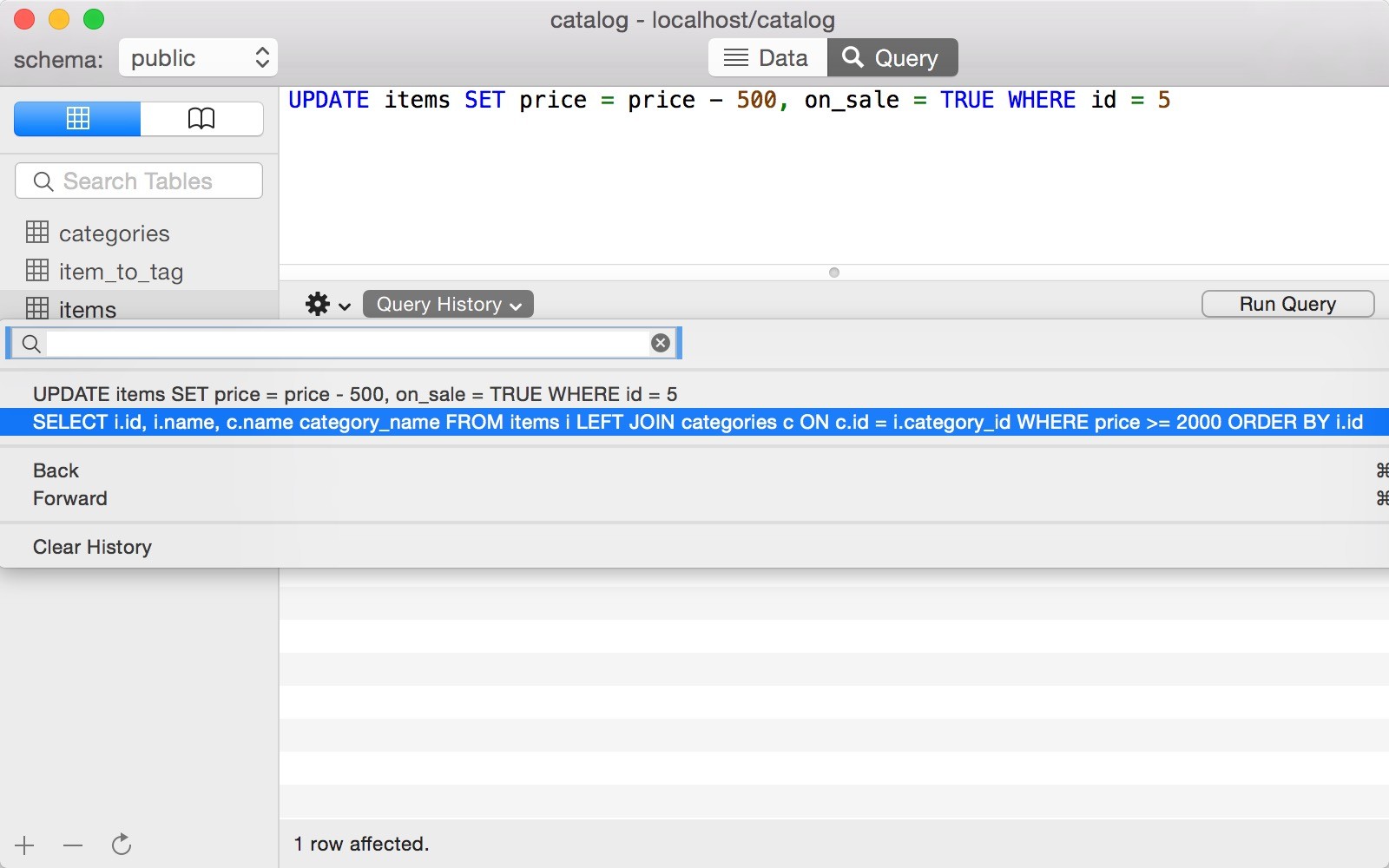

Minnesota and a handful of other states, "because of the quirks of their tax codes, have not. It's where pretty much every state would have been a year ago."īut most states have updated their policies, Walczak says. "They did not go through with this saying, 'Well, if President Biden makes this policy enactment, we are going to tax this.' This is just the continuation of existing law. Walczak advises state leaders on tax policy and has been paying close attention to this income tax conundrum.

The fact that Minnesota could technically tax debt relief is not an intentional response to the news, says Jared Walczak of the Tax Foundation. It conforms to federal policy that pre-dates the American Rescue Plan, going back to 2018, when debt relief was still considered taxable. While most states mirror federal tax policy, some are simply out-of-date, like Minnesota. The next session of the Arkansas General Assembly is scheduled to begin in early 2023." If we determine this is indeed subject to state income tax, legislative action would be required to change/exempt it. In an email to NPR, a spokesperson for the Arkansas Department of Finance and Administration says, "Our Department is currently reviewing whether debt forgiveness in this scenario is subject to state income tax in Arkansas. Arkansas has not yet said it will tax these canceled loans. Like Mississippi, Arkansas' tax policies don't follow federal policy, so, again, there's no obvious exemption on the books there to protect debt relief from being taxed.

That's no guarantee they will ultimately tax debt relief it just means that, right now, there's nothing on the state's books to exempt canceled loans.Īs such, Mississippi's Department of Revenue has reportedly confirmed that under current state law, student debt relief is taxable. Unlike most states, Mississippi doesn't follow federal tax policy, so the changes in the American Rescue Plan don't mean much there. Tax officials there have confirmed (to the AP) that residents will be expected to list any debt relief they receive under taxable income. Like North Carolina, Indiana tends to follow federal tax policy, but has similarly chosen to break with Congress on this. And the Assembly has given no indication it will change that. "The Department is monitoring any further enactments by the General Assembly that could change the taxability of student loan forgiveness in North Carolina," a spokesperson says.īut for now, it's taxable. In a statement, the North Carolina Department of Revenue tells NPR the state's General Assembly chose not to adopt the federal student debt tax exemption. What's interesting here is that the state decided, in spite of Congress, to tax student debt relief. Like most states, North Carolina conforms to federal tax law. States where borrowers may be taxed for loan cancellation "The majority of states that have an income tax essentially say, 'Whatever the federal government says is gross income, we say the same thing,' " explains John Brooks, a Fordham University professor who studies both tax policy and student loan law.īut seven states are out of step with federal tax policy and have either said they will tax debt relief or still have policies that could require it, barring a change in state law.

That's because most places follow the federal government's lead when it comes to income tax. Now that the Biden administration has unveiled its sweeping new debt cancelation plan, this federal exemption is a really big deal. government will not consider canceled student loan debts to be taxable income. But in March of 2021, the American Rescue Plan changed that, at least temporarily: Until the end of 2025, Congress said, the U.S. While President Biden's sweeping student debt relief won't be subject to federal income tax, in seven states borrowers may have to pay state income tax on all those canceled loans.īefore 2021, student debt cancelation was generally considered a form of income, and therefore taxable both at the federal and usually state level. When federal student loan borrowers take a breath from celebrating the cancelation of some or all of their federal student loans, millions of them could be in for a nasty surprise:


 0 kommentar(er)
0 kommentar(er)
